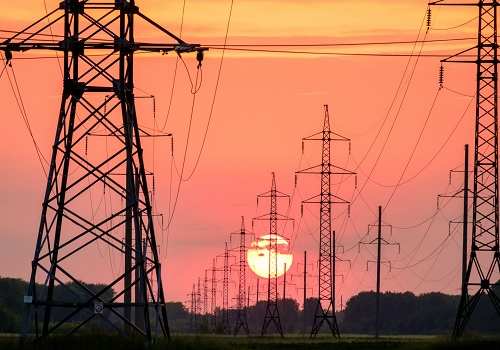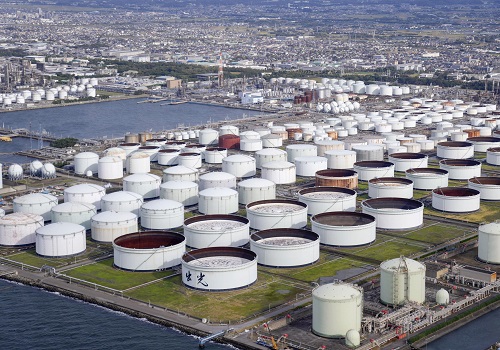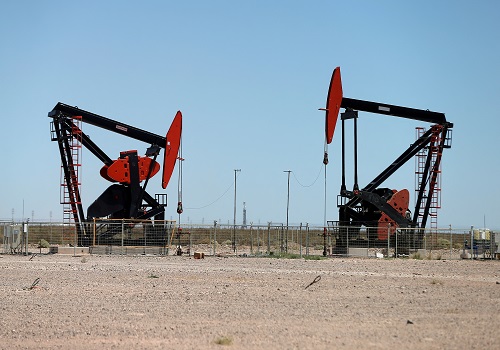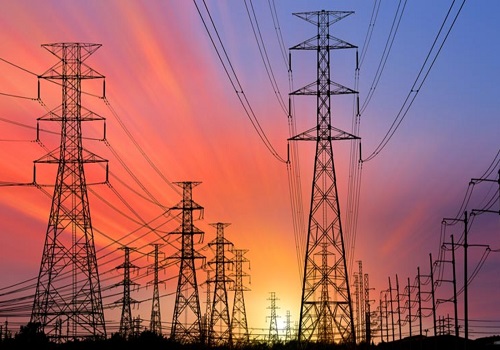ONGC inches up on planning to set up two oil-to-chemical plants in India

Oil & Natural Gas Corporation is currently trading at Rs. 173.40, up by 0.05 points or 0.03% from its previous closing of Rs. 173.35 on the BSE.
The scrip opened at Rs. 173.40 and has touched a high and low of Rs. 174.45 and Rs. 172.20 respectively. So far 141332 shares were traded on the counter.
The BSE group 'A' stock of face value Rs. 5 has touched a 52 week high of Rs. 178.60 on 02-Aug-2023 and a 52 week low of Rs. 121.50 on 28-Sep-2022.
Last one week high and low of the scrip stood at Rs. 178.60 and Rs. 171.40 respectively. The current market cap of the company is Rs. 218016.24 crore.
The promoters holding in the company stood at 58.89%, while Institutions and Non-Institutions held 38.25% and 2.87% respectively.
Oil and Natural Gas Corporation (ONGC) is planning to set up two oil-to-chemical plants in India to convert crude oil directly into high-value chemical products as it prepares for energy transition that is shaking up the industry worldwide.
Crude oil, which companies like ONGC pump out from below seabed and from underground reservoirs, is a primary source of energy. It is processed in oil refineries to produce petrol, diesel and jet fuel. With the world looking to transition away from fossil fuel, companies around the globe are looking at new avenues to use crude oil. Petrochemicals are chemical products derived from crude oil and are used in the manufacturing of detergents, fibres (polyester, nylon, acrylic etc.), polythene and other man-made plastics.
The company already has two subsidiaries, Mangalore Refinery and Petrochemicals and ONGC Petro-Additions that run petrochemical units at Mangalore in Karnataka and Dahej in Gujarat, respectively. ONGC is also partnering with players to explore opportunities in the Oil to Chemical (O2C) and Oil to Petrochemicals (O2P). The International Energy Agency (IEA) estimates and global oil demand will plateau by 2030 as penetration of electric vehicles and increased uptake of alternative drive technologies for commercial vehicles ebb demand for fossil fuels. And so energy firms around the world are looking at alternatives.
The company aims to capitalize on this trend, with plans to substantially expand its chemical and petrochemical portfolio from the current 4.2 million tonnes per annum to 8 million tonnes by 2030. It will invest Rs 1 lakh crore by 2030 on energy transition projects as it targets net zero carbon emissions by 2038. The firm joins fellow state-owned oil and gas firms Indian Oil (IOC), Hindustan Petroleum (HPCL), GAIL and Bharat Petroleum (BPCL) in preparing roadmaps for net zero emissions as part of the nation’s commitment to deal with the climate challenge.
ONGC is India’s largest government-run corporation and produces about 70% of India’s crude oil and natural gas. The corporation is the biggest public sector commercial organization in India.
























